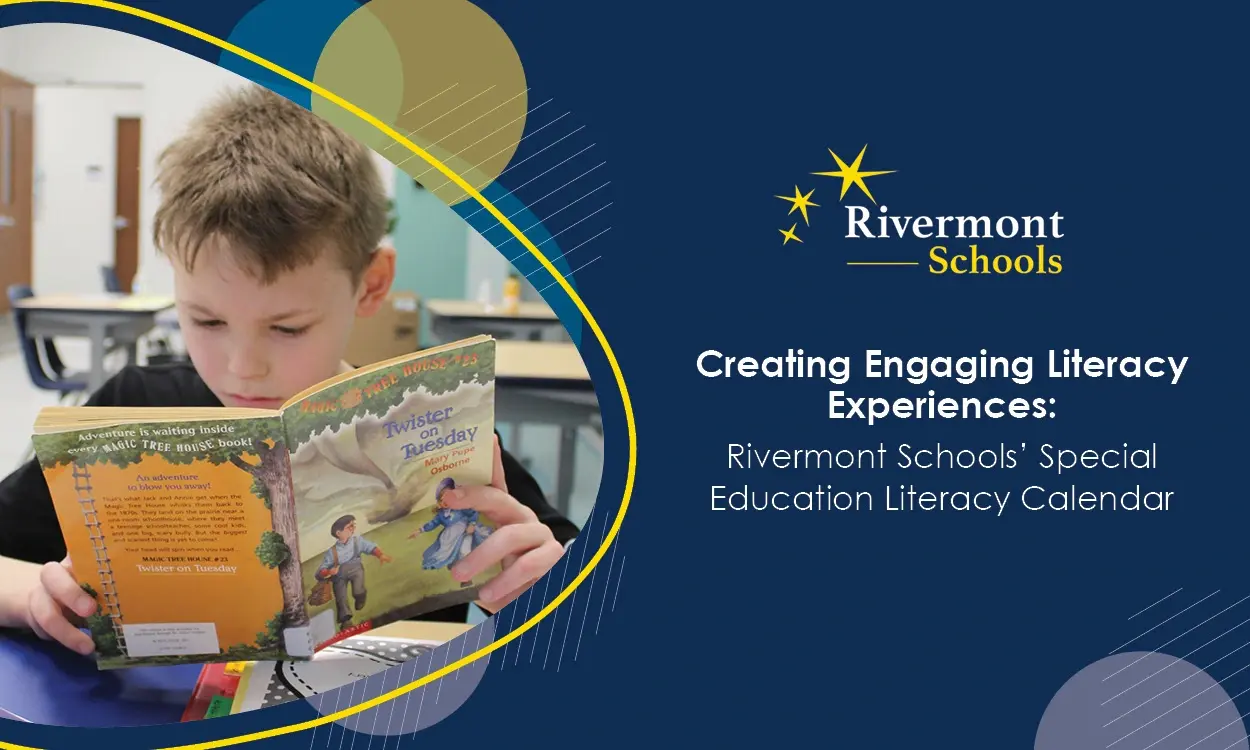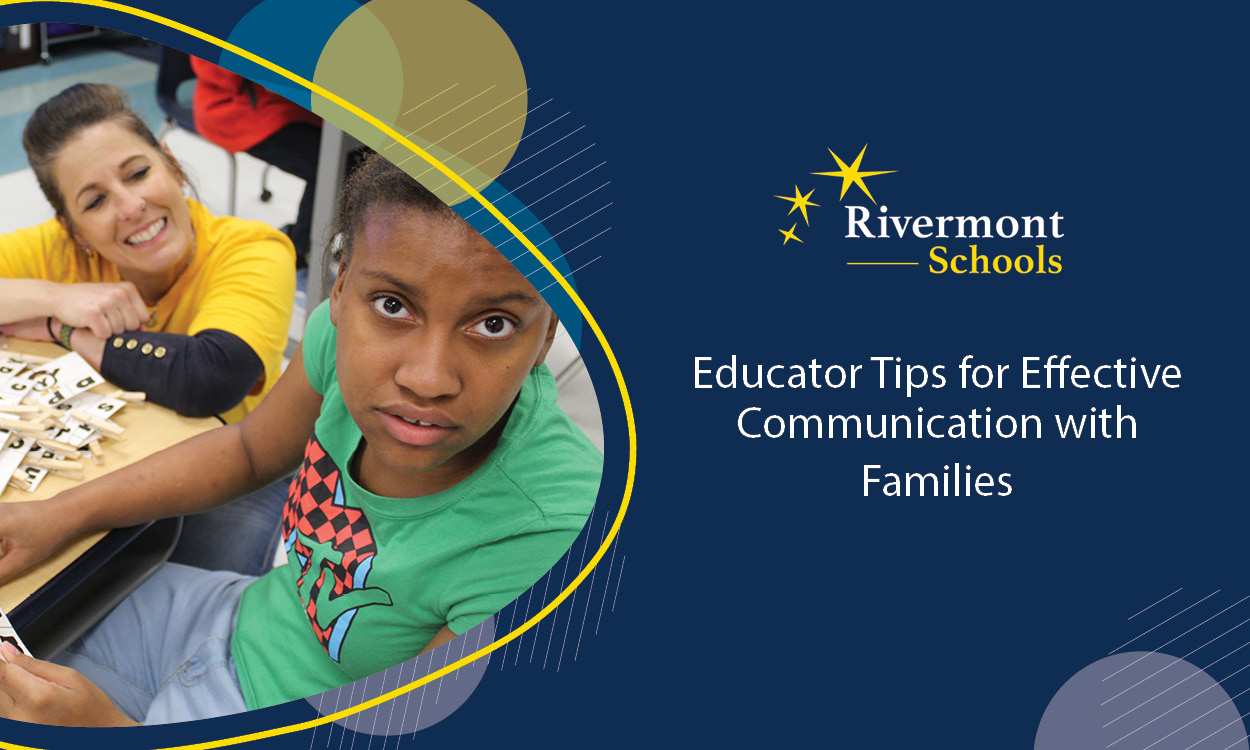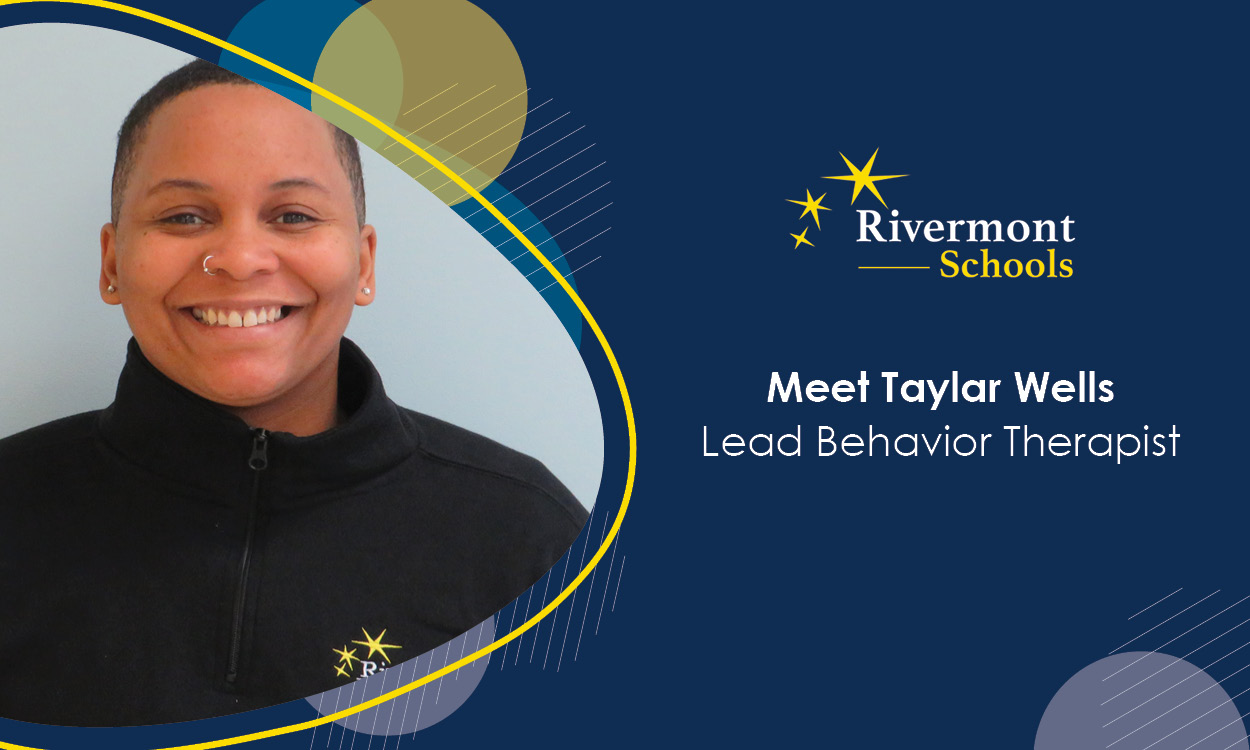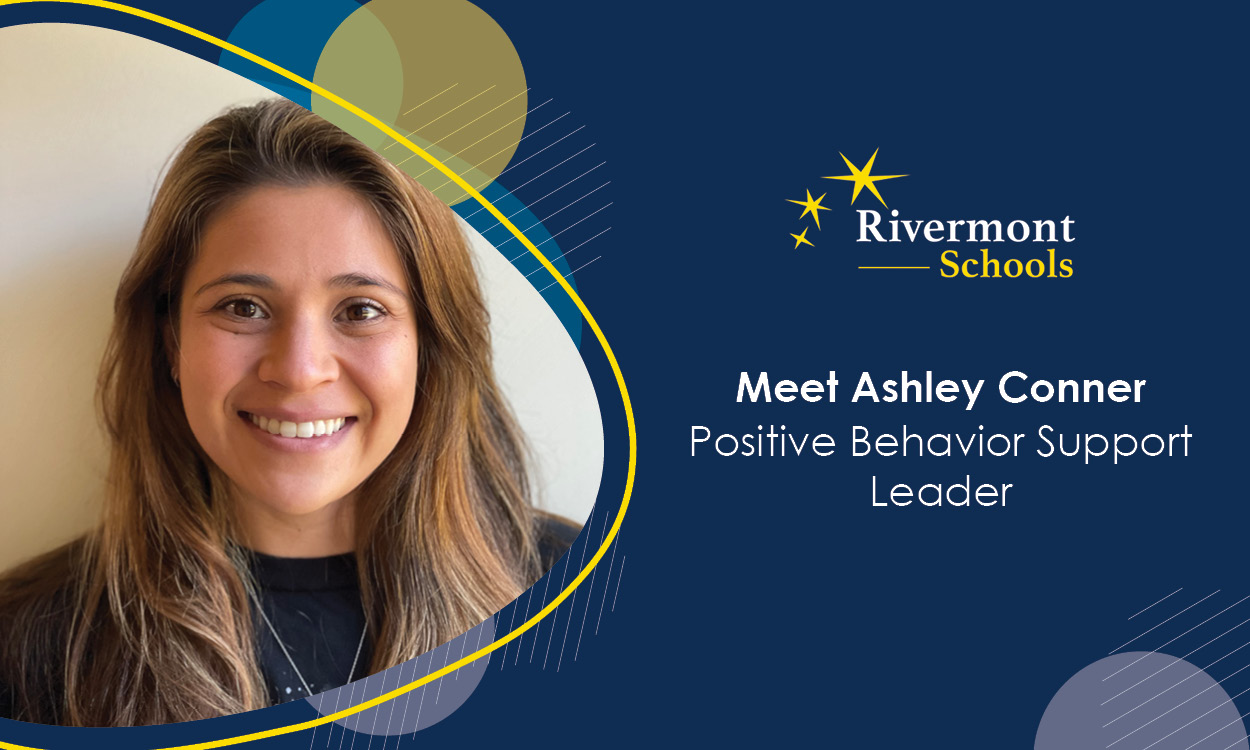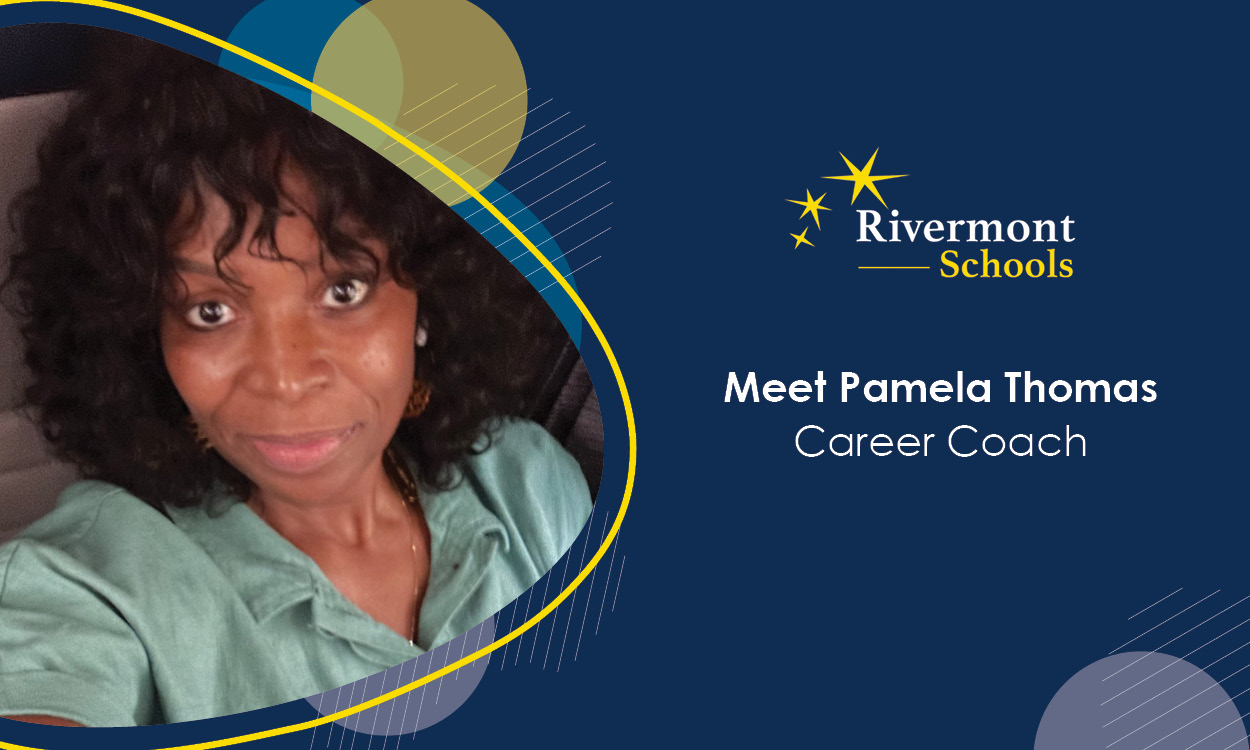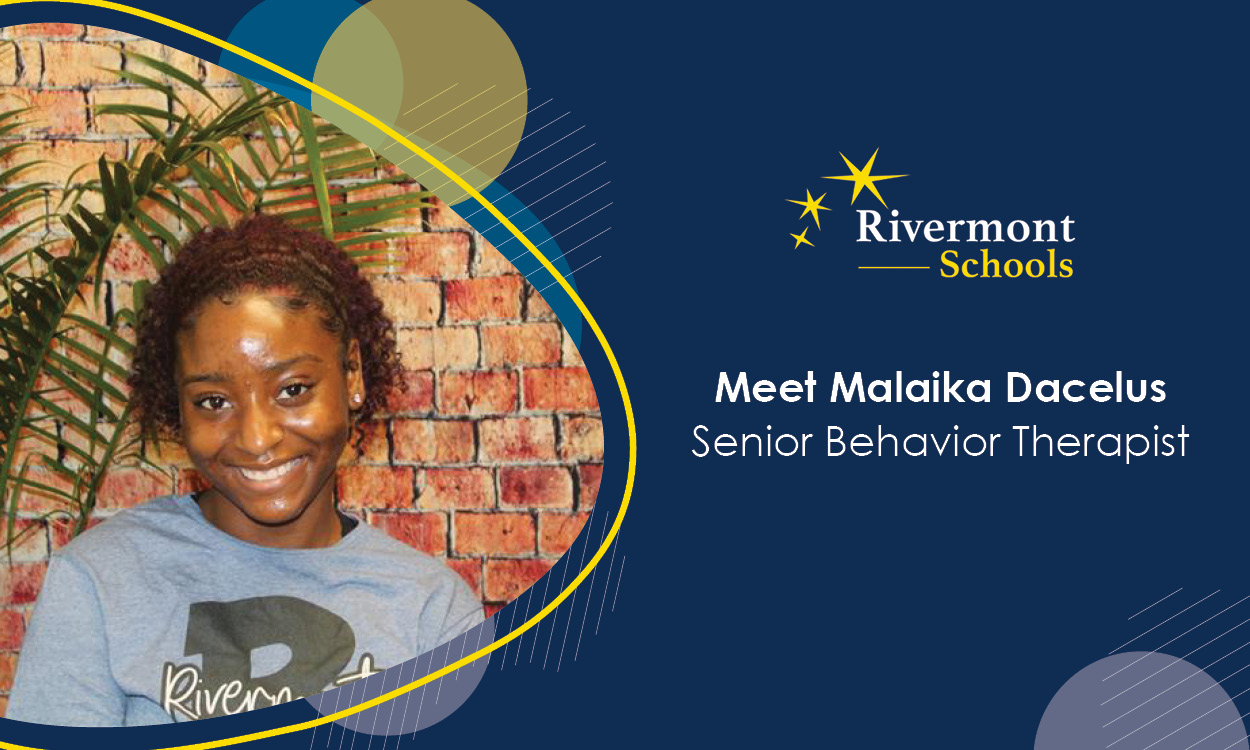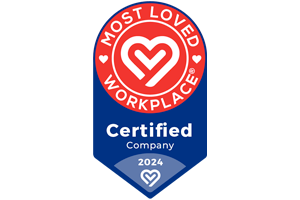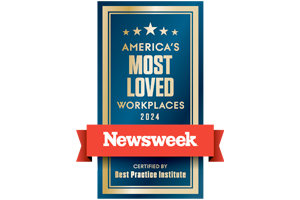Rivermont Career Technical Education Programs Provide Students with Career Training and Opportunities
Posted: November 06, 2024 | Written By: Sharmin Hossain | Category:
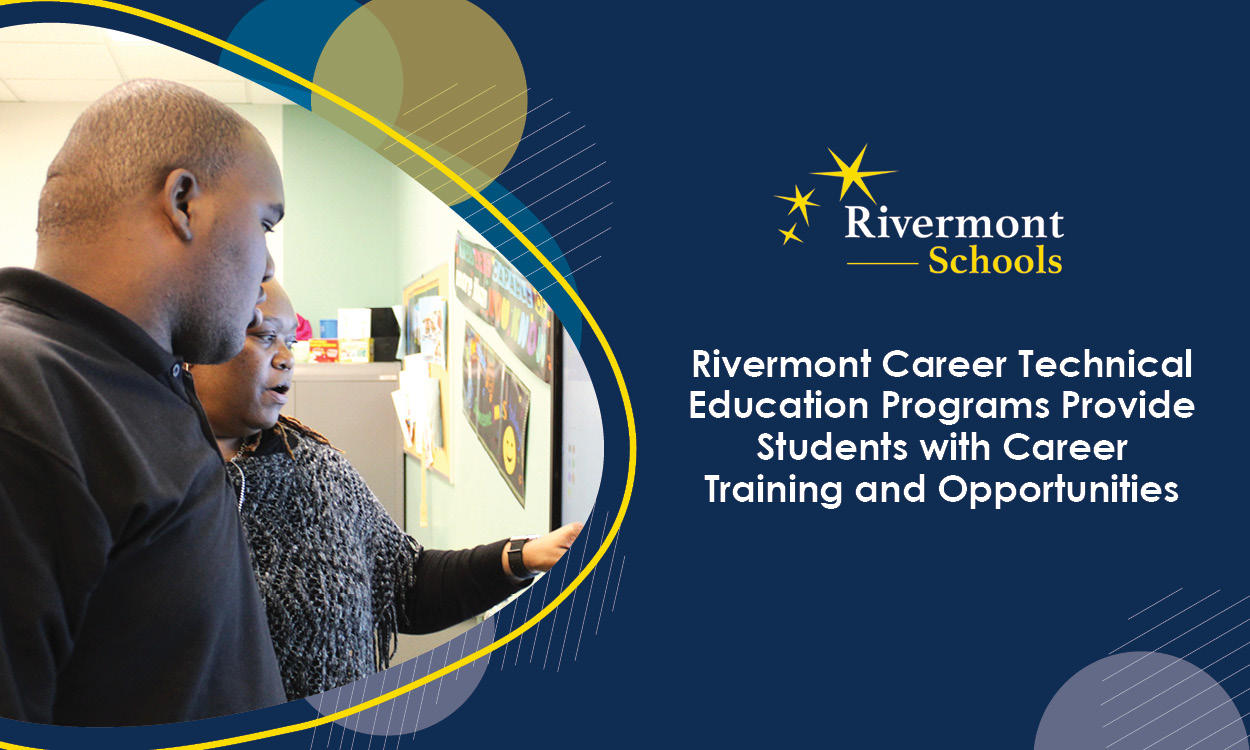
What sets Rivermont apart is how they embed Career Technical Education (CTE) and career readiness programming throughout a student’s elementary, middle, and high school experience. During a typical day in Rivermont’s CTE program, you’ll find a student slipping on virtual reality goggles to take the next course in their welding program. The next classroom over, students are practicing interviewing for a job in a simulated work environment, while another student is meeting with their career coach, discussing what their dreams and aspirations are for their post high school career.
Career Technical Education is a program that provides students with academic knowledge, technical skills, and training to achieve success in both postsecondary education and careers. Aligned with Virginia Department of Education standards, Rivermont’s CTE programs provide students with valuable soft and employability skills, expose students to career options and pathways, and incorporate on the job training to facilitate a supportive transition beyond high school.
CTE for Ages Three to Twenty-three
Beginning in elementary grades, students can take part in a variety of career exposure activities through opportunities like field trips, guest speakers from the community, and exploring hobbies and interests. As they progress into middle grades, each Rivermont campus requires an intro to CTE course, aligned with Virginia state standards, where students do a deeper dive into career exploration including understanding career clusters, taking career assessments like Virginia Career View and The Virginia Wizard, and speaking with their teachers and counselors about post high school options. Starting at age 13, students are required to build transition goals into their Individualized Education Plan (IEP), detailing their academic and career goals.
Once entering high school, each Rivermont student narrows down their areas of focus in partnership with the student’s IEP team, and with guidance from and input from a family member. While the campus may not have as many program offerings as a traditional public school, Rivermont has built a variety of ways to encourage students to gain the academic knowledge, workforce readiness skills, and certifications to have a successful post high school life.
Community Partnership and Technology Support Student Exploration and Experience
While the goal is always to get Rivermont students back to their home high school to participate in CTE programs, if a student isn’t ready, Rivermont provides technical attainment and career training through a variety of methods. Virtual reality and online programs have been a critical supplemental resource, where students can practice a technical skill using programs that offer sequential skill building programs delivered virtually.
Schools have also developed robust community partnerships that serve as gateways to different careers. To facilitate work-based learning experiences, the Roanoke campus partners with the local Goodwill to provide students with career and vocational education training, and the Hampton campus has partnered with a local credit union to help students practice working in a bank. The Danville campus hosts an in school café, where community members and law enforcement agencies are encouraged to visit and students engage in activities like maintaining the register, preparing, and serving beverages. The Northern Virginia campus uses volunteer opportunities for students to practice community engagement like partnering with Meals on Wheels to deliver meals to older adults in need.
Certification and Post High School Employment
Key to Rivermont’s CTE program is encouraging students to earn credentials while still in high school. Credentials like certificates and certifications allow employers to better understand what skills, abilities and competencies a potential employee possess. Rivermont offers certifications in CPR, the National Career Readiness Certificate, First Aid, and culinary arts, supporting students in gaining meaningful employment, especially for those who are not planning to transition into postsecondary education right after high school.
In addition to offering valued credentials, Rivermont partners with the Virginia Department for Aging and Rehabilitative Services, connecting students with employers across the Commonwealth.
“My goal for students it that they are in the community volunteering, getting internships, experiencing a workplace, and learning what they love to do all before they exit high school,” said Lauressa Medley, Transition Career Coach.
To learn more about Rivermont Schools, check out our 17 locations across Virginia.
Want to be notified of new articles and resources from New Story Schools? Submit your email and opt into our newsletter!



